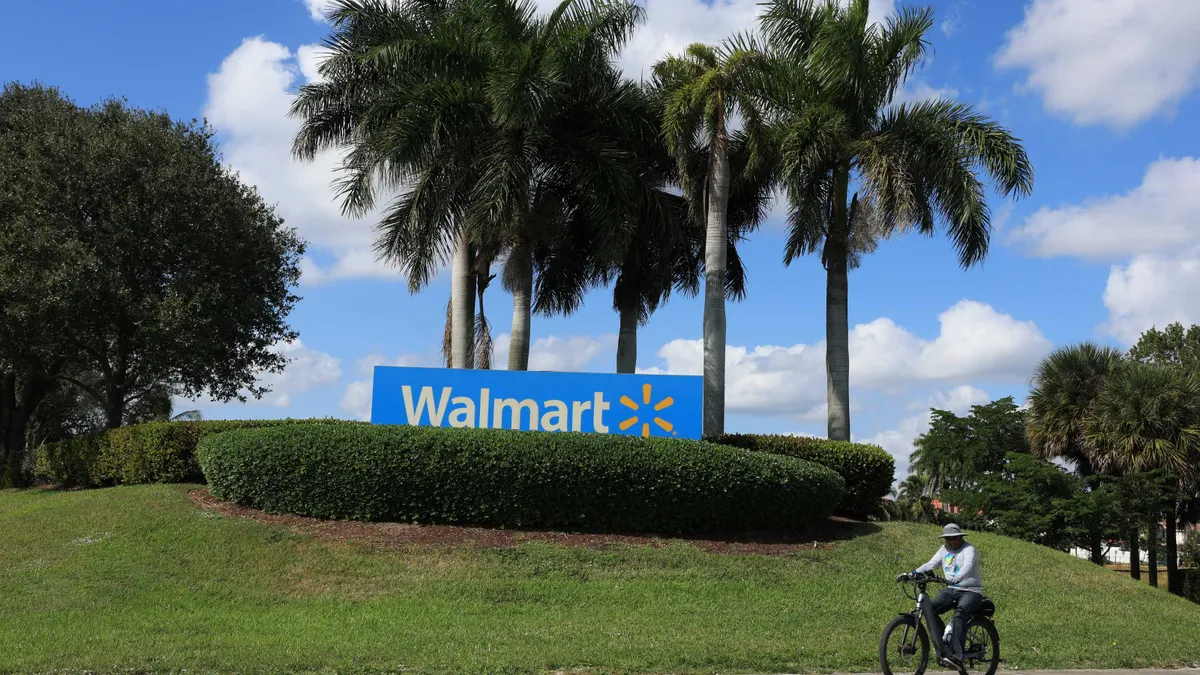U.S. grocery delivery service Instacart Inc. and food delivery service platform Doordash are expected to offer credit cards to their customers.
Instacart is working with J.P. Morgan for the card offering while the New York based-bank is also looking to tie down Doordash for its credit card offering, according to the Wall Street Journal. Instacart's credit card isn't expected to launch until later this year. Users can earn 5% cashback on purchases, sources close to the matter told the Wall Street Journal.
This year, private label cards saw their user base shrink drastically. In February 2020, there were 231.6 million private label accounts compared to 196.3 million in February 2021, a 15.4% drop year-over-year (YoY), according to an Equifax report. Existing customers are also using the cards less, as outstanding balances have dropped to $66.7 billion in February 2021, compared to $77.5 billion in February 2020.
Despite a historic low for private label cards, Instacart and Doordash plan to roll out their credit cards in a declining market. Companies continue to have many reasons to offer private label credit cards, despite cards losing traction this past year.
"Customer loyalty is the main thing and it's also reducing some costs like interchange [fees] and raising revenue through things like the finder's fee for bringing in new customers," Ted Rossman, senior industry analyst at CreditCards.com, told Payments Dive.
Banks and financial institutions, on the other hand, are looking to diversify their card offerings beyond travel rewards programs. During the pandemic, airline cards lost transaction volume as consumers halted their travel spending and picked up alternative spending such as delivery services.
Travel purchases were down 70% on Visa's network in 2020 compared to 2019, while American Express saw its travel and entertainment expenditure also slide by 69% last year. Delivery platforms such as Doordash saw a huge increase in revenue in 2020. The San Francisco-based company earned $970 million in revenue in Q42020 compared to $298 million in Q42019, experiencing a 226% increase, YoY.
Private label credit cards struggled due to the COVID-19 pandemic. Consumers spent less and moved away from credit card transactions. Visa's credit card spending volume was down about 9% and debit volume was up 20% in its most recent quarter, in Q42020.
"Consumers found alternative credit sources for large ticket items like buy now, pay later offerings which have low or no interest on payments," Rossman said. "But for smaller ticket purchases like food and groceries, a credit card offering will tie consumers down in loyalty programs while allowing companies to tap into alternative sources of revenue."
In 2017, 39% of the total earnings of Macy's came from its credit card offerings, up from 26% in 2013. Last year, the retail giant penetrated the buy now, pay later credit offering to increase sales and hold on to its customer base.
For credit card offerings, financial institutions are also looking to partner with companies that fared well during the pandemic.
Companies with "a good digital presence fared well during the pandemic," Tim Zawacki, principal analyst at S&P Market Intelligence, said. "Card companies aren't necessarily as eager to invest in a retailer that is digitally challenged or are struggling to work through the pandemic."
Consumers can tap loyalty programs to earn cashback on their purchases, while merchants can reduce their costs and gain finders fees and banks can add more card customers.
Private label cards come in two different types. One offering allows consumers to use the card at the issuing vendor's store while the other, a co-branded card, can be used anywhere.
As of now, there is limited knowledge about what kind of card structure Instacart and Doordash will offer. Creating strong engagement and loyalty programs for consumers would be the key for such offerings, Zawacki said.
Instacart and Doordash did not respond to Payments Dive queries at the time the story was published.




















